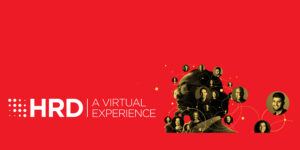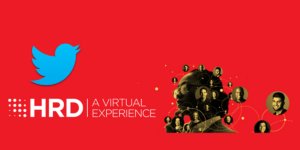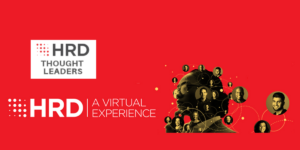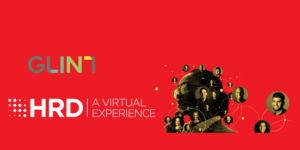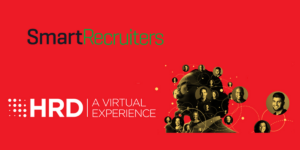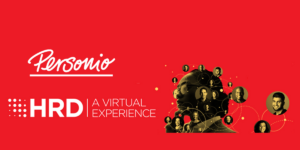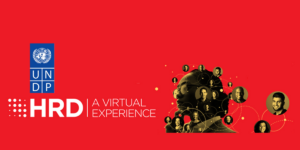How Global HR can adapt to local markets: William McClain, VP Human Resources, Bunge
- 6 Min Read
Ahead of his appearance at the HRD Summit EU, June 19th-20th, RAI Amsterdam, William McClain, Vice President Human Resources, Bunge, sat down with HRD Connect to discuss how global HR departments can adapt to local communities and partner strategically across the world for greater business success.
- Author: Michael Hocking
- Date published: May 28, 2019
- Categories
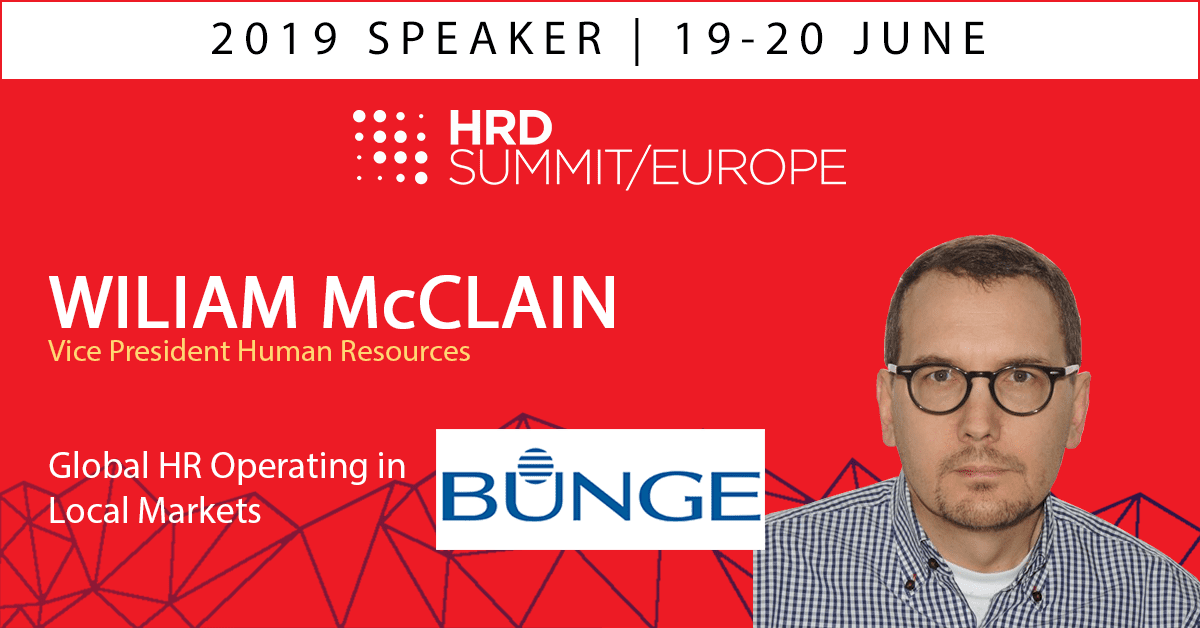
International businesses with widespread workforces face a common challenge – maintaining an effective level of communication and a strategic HR partnership throughout many global communities.
How can such a mammoth task be achieved? Ahead of his appearance at the HRD Summit EU, June 19th-20th, RAI Amsterdam, William McClain, Vice President Human Resources, Bunge, sat down with HRD Connect to discuss how global HR departments can adapt to local communities and partner strategically across the world for greater business success.
What is the greatest challenge HR business partners face in adapting to new global communities?
I think the biggest challenge is making sure that we align to a global business or business lines, managing the intersection between that global lens on how the business may be driven and what has to be done locally. It’s crucial to understand that there is a strategic side of the business, but also that a global business sits in local environments that have to be managed in certain ways. This extends to talent, thinking about what particular roles mean in business different countries, and to regulatory factors, which are particularly complicated in Europe, regarding data protection and so on.
How can HR effectively adapt to those global communities?
Firstly, it’s important to ensure that the people within those global communities are business-minded and credible people, who won’t try to do new things that might not make sense within a certain geography. But I think the most effective way to adapt is to establish clear responsibility – on alignment, of what the roles are within that, and on accountability. I think that that’s absolutely key. I think we’ve had our biggest frictions and frustrations when what should be a local decision, or one that should have local input into it or when people try to do make decisions without connecting from different angles.
What’s crucial is listening to each other and respecting the knowledge that others bring to a discussion. For all types of processes and programs, it’s essential to have a true ratio of understanding of who’s responsible, who’s accountable, who should be consulted and when, and so on. But I think our biggest problems occur when, for example, someone in our New York office, who has never traveled to China, might try to make a decision about somebody who needs to be retained in our China office, without having the right discussions with our HR in China, and making a decision together. It’s all about that essential communication.
How do you think HR can partner more effectively with other parts of the business on a strategic level in global organizations?
I think the absolute key way to partner more effectively is to put yourself in the shoes of the of other global functions in the business. Whoever you’re partnering with, you need to understand what it is they’re doing, why they’re trying to do it, where their pain points are, and what they are trying to drive.
In a global organisation, some of the people you partner with are in different parts of the world, which makes it harder to build rapport and good relationships. It can be challenging to build a great level of understanding when you’re geographically distant and don’t see each other, besides a couple times a year. To be more effective, you need to make sure you connect with those partners and their teams. I travel a huge amount in my role, and I do that because I want to talk to our market leaders in in China, India or Ukraine, or wherever I need to go in order to understand their issues, or know their teams and understand their business.
A key part of making that connection is having a mixed group of talent within the HR function. I have nine business partners and out of those, three are from a business functional role, they’re not HR experts. I think that having a mix allows you to examines all the different elements and stay strategic in thinking about what the business is doing, and at the same time, the greater number of pure HR professionals are helping those business partner to become a little bit stronger in terms of HR practice.
We’re currently trying to go through a transformation where we’re moving operational things into shared services, which allows the HR business partner to have an extra 10-20% more time to be strategic. In addition to that, I think the value of having some business folks in the HR function, they obviously don’t jump on the admin stuff, because they don’t want to, so it helps to keep them out of the out of the weeds as well.
How do you think technology is changing the HR function in global organisations?
I think having the right systems in terms of data, performance and so on, are saving us time and granting us better access to data that we can utilise in a more effective way, especially when it comes to employee engagement. Using some of the former tools took months to set up take even more months to analyse, before you even get to action. Technology like Skype for Business allows you to tap into telepresence, which increases your ability to properly engage and connect with leaders and teams around the world, again, breaking down barriers that would usually restrict the building of rapport.
How do you think that role is going to change in the next 10 to 15 years?
Well, I won’t be in it anymore! But that’s just my age. I think we will be forced to be a more strategic group. During a session at the HRD Summit a couple of years ago with my European co-partner at the time, we talked about HR having a place at the table. I think that’s always been a debate, and we have definitely moved a bit further in that respect. I think that strategic aspect of the partnership will be extended to consider the customers of the business and external business partners and suppliers. There’s also great opportunity in improving sustainability, and I think HR’s role will develop in that respect too. HR can assess the talent and capabilities we’re going to need to accomplish those goals as a business. HR is going to have more time, there’s going to be fewer of us needed to do the job because there’s going to be so much that will be automated, and our focus will be far more strategic and aligned with the goals of the business at large.


